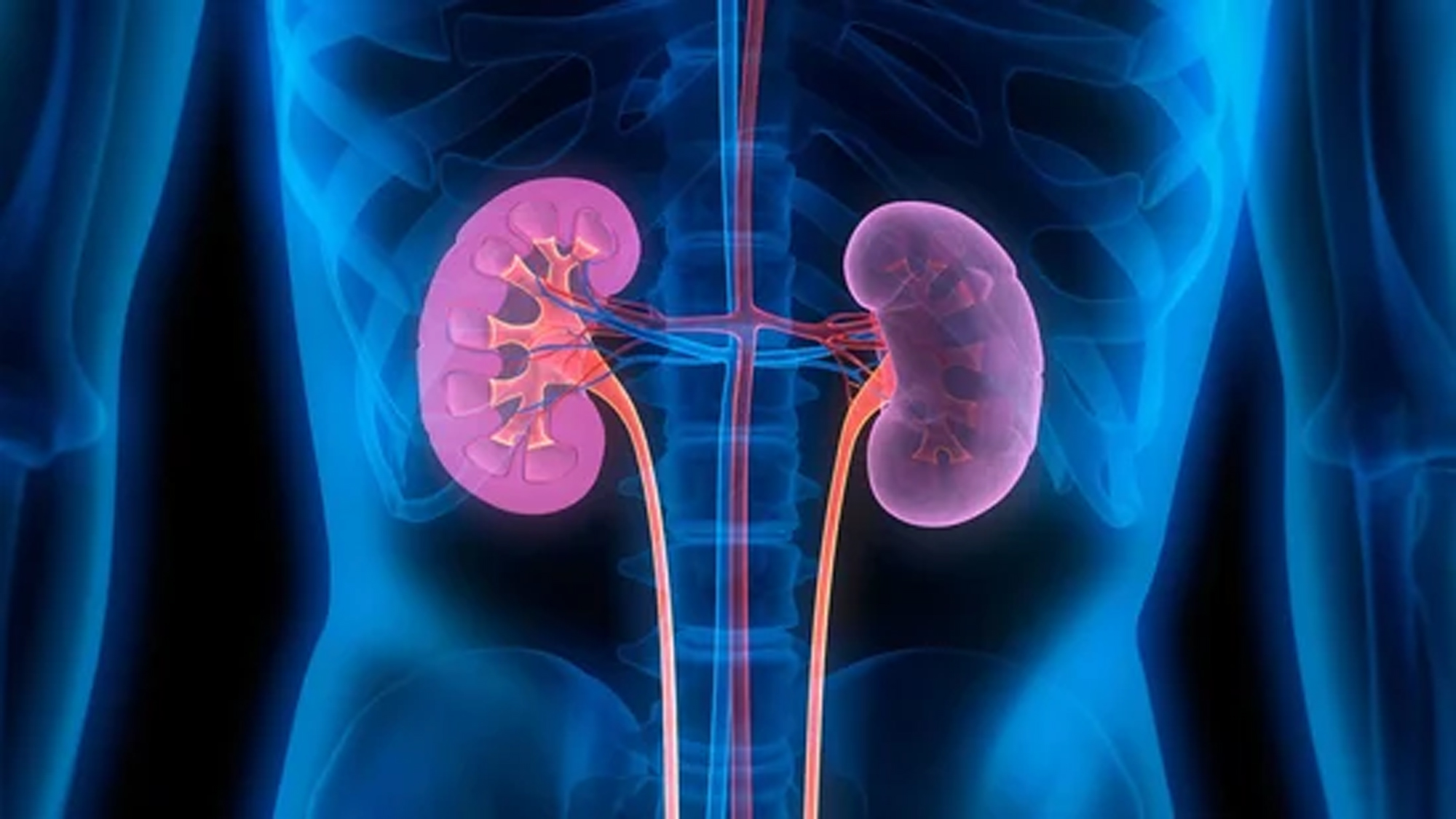NEW DELHI, Mar 5: Neeri KFT, an Indian traditional ayurvedic polyherbal formulation, has been found to be effective in regulating the functions of at least six genes variants causing kidney dysfunction, researchers have said ahead of the World Kidney Day on March 9.
Though the herbal drug, manufactured by AIMIL Pharma, is already known for its therapeutic properties, researchers from Jamia Hamdard’s Centre of Excellence (CoE) for the first time conducted a trial to investigate nephroprotective action of the drug against genes related to kidney dysfunction using in-silico, in-vitro and in-vivo approaches.
The results were encouraging in all the categories.
The researchers explained that six genes — CASP, IEL, AKT, ACE-2, AGTR-1 and SOD-1 — are responsible for regulating the functioning of the kidney. In other words, proteins associated with these genes help in ensuring the health of this vital organ. Any variation in these molecules can complicate or damage the kidney structure.
The study found that the compounds such as gallic acid, caffeic acid and ferulic acid were the major constituents of Neeri KFT, while network pharmacology analysis indicated a strong interaction between polyphenols and the genes involved in the pathophysiology of kidney disease.
Similarly, the in-vivo study showed a significant ameliorative effect of the herbal drug on biochemical markers and antioxidant enzymes and it regulated inflammatory cytokine expression in kidney tissues. Sanchit Sharma from AIMIL Pharma pointed out that the herbal formulation based on time-tested phytoconstituents of extracts of medicinal plants like punarnava, giloy, gokhru, palash and varuna has been developed after intensive scientific research.
The study published in the journal Biomedicines offers a ray of hope to several patients with kidney diseases which are on the rise in the country as in the world.
In fact, the first phase of a pan-India study conducted by the Indian Society of Nephrology has found that of the people suffering from diabetes and blood pressure, at least 30 per cent were detected with chronic kidney disease, a condition which rarely shows any early symptoms and leads to gradual kidney failure. (Agencies)
Trending Now
E-Paper


